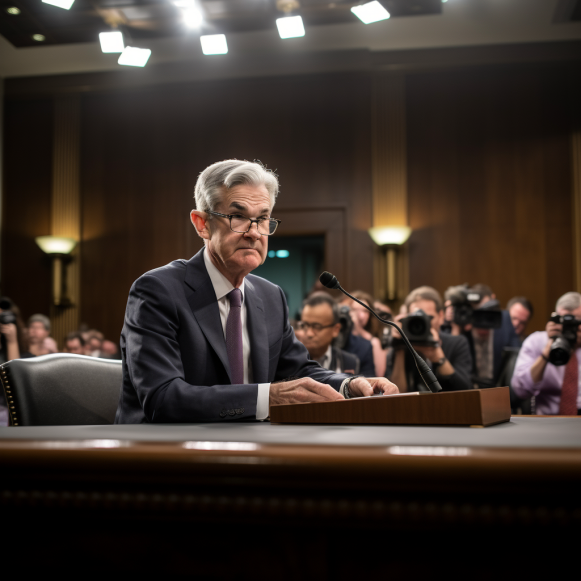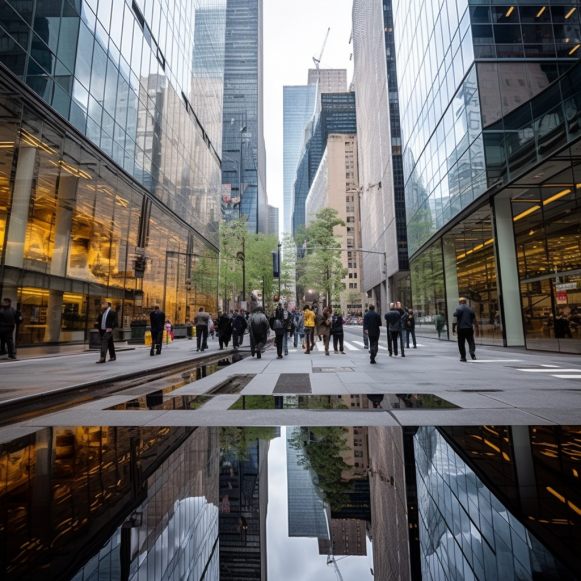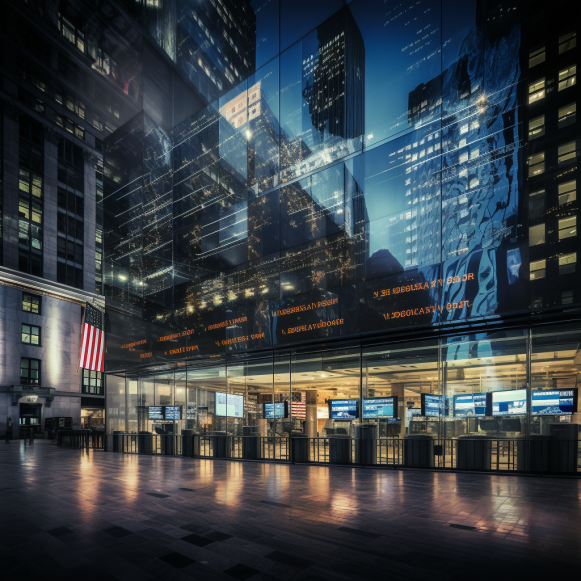‘We’re one gust of wind away from recession’: A JPMorgan global strategy chief shares why the economy is still at risk despite rising optimism — and 3 places he’s bullish on now

- While some strategists see mounting issues for the economy, others are getting hopeful.
- JPMorgan’s David Kelly said the likelihood of a downturn is declining, but risks remain.
- Here are three safe parts of the market for investors to target, according to Kelly.
Over the last year, debates have raged about whether an economic downturn was improbable or unavoidable, and perhaps most surprisingly, the disagreement has yet to be resolved.
For months, David Kelly, chief global strategist at JPMorgan Asset Management, has been unsure whether the US economy will contract or not. He told Insider earlier this year that a downturn is “almost a 50-50 shot,” even though he advised investors to stick with stocks.
Kelly began to make a more definitive call in early August, writing in a weekly market commentary that it appeared increasingly likely that there would be no recession in 2023 or 2024.
“The broad picture is that the drags on the US economy don’t appear to be severe enough to put us into recession right now,” Kelly said in a recent interview with Insider.
However, the veteran strategy chief warned that now is not the time to relax. He noted that futures pricing is swaying between hard and soft landing scenarios, implying that the economy is not yet safe.
“There’s still concern, and you’re at risk of whiplash,” Kelly said. “Take, for example, the Fed funds futures market, which has been bouncing back and forth in terms of whether the economy is overly strong or showing signs of weakness.”
If the economy goes south, don’t just blame the Fed
Market observers who are bullish on the economy frequently point to historically low unemployment and steadily falling lower inflation. However, several investment strategists have recently warned that a weaker job market and a slew of interest rate hikes indicate that a downturn should not be ruled out.
More evidence of a softening labor market emerged this week, as a new report revealed that US job openings fell short of expectations in July, falling for the third month in a row. Kelly believes it’s no coincidence that consumer confidence was also low.
Investors, ironically, cheered the disappointing data because a weaker economy means the Fed is less likely to raise interest rates again. Kelly concurs with futures traders that the rate-hiking cycle has ended because price growth has slowed, but a recession remains a possibility.
According to Kelly, the US economy appears to be much less sensitive to interest rates than economists predicted, which explains why there hasn’t been a recession yet. While rising interest rates have hampered housing activity, Kelly points out that it is a small part of the economy when compared to business investment spending, which has largely escaped the Fed’s rate hikes unscathed.
However, if the Fed goes too far in combating inflation, the United States may face a downturn after all.
“We’re one gust of wind away from recession,” said Kelly. “It’s not that bigger waves are about to hit the economy than in the past, but any full-employment economy is necessarily more fragile than one that is expanding at a faster rate.”
Aside from overly restrictive monetary policy, Kelly sees the upcoming resumption of student loan payments as a key risk to the economy, which will further weigh on softening consumer spending. That will be a problem for what Kelly refers to as “zombie companies” that are nearing the end of their lives.
“You’re going to see some businesses just fold, and if consumer spending weakens, that could accelerate,” Kelly predicted.
Another source of concern, according to Kelly, is the possibility that regional banks’ problems will resurface. While he hasn’t seen any recent cracks in that industry, he’s wary of dismissing it as a risk, especially if interest rates continue to rise.
According to Kelly, investors should never write off unforeseeable problems such as geopolitical conflicts or natural disasters that damage the US infrastructure or energy supply.
3 attractive markets to invest in now
Although the desire to exert control in uncertain situations is strong, Kelly cautioned investors against making extreme moves with their money. He advised them to spread their assets across factors and styles as a default before making minor adjustments as needed.
So, even though large-cap US stocks are overvalued and may fall in value, the strategy chief believes it is still worthwhile to hold small positions in these companies in case they continue to outperform.
“This is actually potentially a pretty good time for active managers to really underweight the undeservedly overvalued, but you don’t need to zero-weight it,” Kelly explained. “I just think you have to have the discipline to own things that are reasonably priced.”
Kelly believes that the best investments to make right now are in Europe, Japan, and emerging markets excluding China.
The European economy may be in trouble right now, but valuations reflect that. The Stoxx Europe 600 index has a forward earnings multiple of 12.6x, compared to 19.9x for the S&P 500.
The Nikkei 225 index in Japan has risen 23.5% this year, putting it on track for its best year since 2013. Many top fund managers have emphasized Japanese stocks this year, as companies there prioritize shareholders for the first time in a long time by repurchasing stock and paying dividends.
However, Kelly believes that emerging markets hold many of the most enticing opportunities. He believes that the explosion of artificial intelligence will benefit Korean and Taiwanese companies, and that the Indian economy can also maintain its momentum.
“I certainly want to have a good side of emerging markets in a portfolio because, overall, that’s where you’re going to get growth in the long run, and it’s not that expensive,” Kelly said.
China is an exception among emerging markets. Kelly, like many of his colleagues, expressed concern about China’s economy. Economists recently predicted that the country’s economic growth would fall short this year, owing in large part to the country’s worsening real estate crisis.
“They can’t grow out of it through more housing or homebuilding because that would just make the problem worse,” Kelly explained. “It’s difficult to see how China can get out of this.”






